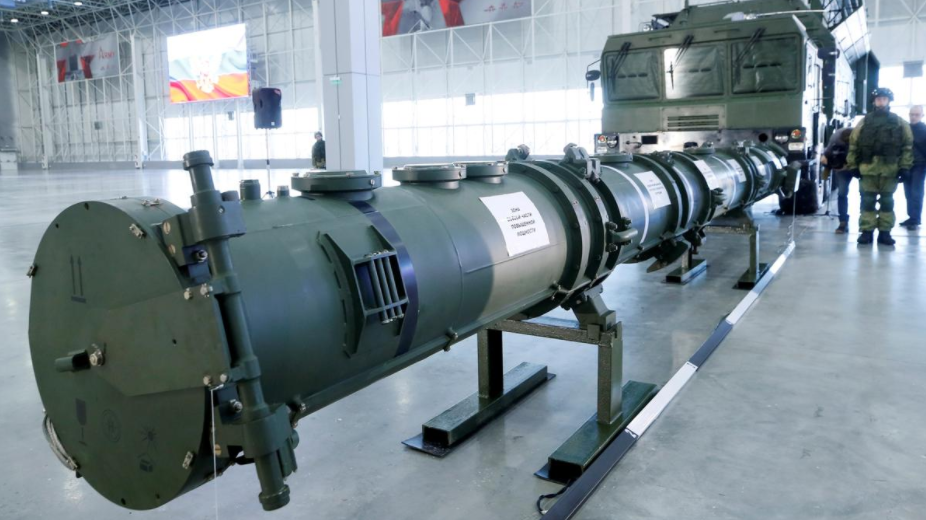China on Thursday reiterated that it has no intention to join the so-called China-U.S.-Russia trilateral arms control negotiations and this position is "clear and consistent."
Foreign Ministry spokesperson Hua Chunying made the remarks at a news briefing when responding to comments from U.S. Special Envoy for Arms Control Marshall Billingslea who on Tuesday called on China to "reconsider" its decision not joining the negotiations.
"As is known to all, China's nuclear power is not on the same order of magnitude as that of the United States and Russia. It is not yet the right timing for China to participate in nuclear disarmament talks," Hua said, adding that owners of the largest nuclear arsenals have special and primary responsibilities in nuclear disarmament.
Considering the current circumstances, the United States should respond positively to Russia's call on extending the New START Treaty and further drastically reduce its nuclear arms stockpile, creating conditions for other nuclear-weapon states to join in multilateral nuclear disarmament talks, Hua said.
"Not participating in trilateral talks does not mean China will be absent in the global efforts on nuclear disarmament," Hua said, noting that China has been actively calling on the Conference on Disarmament and the P5 mechanism for substantive steps to reduce risks of a nuclear war and uphold global strategic stability.
"It is the United States who has been obstructing these efforts and walking further down the wrong path of being a quitter," she said.

Components of the SSC-8/9M729 cruise missile system are on display during a news briefing, organized by Russian defense and foreign ministries, at the Patriot Expocentre near Moscow, Russia, January 23, 2019. /Reuters
Components of the SSC-8/9M729 cruise missile system are on display during a news briefing, organized by Russian defense and foreign ministries, at the Patriot Expocentre near Moscow, Russia, January 23, 2019. /Reuters
Hua said the United States time and again drags China into the New START extension issue between the United States and Russia.
"It is the same old trick whenever it seeks to shift responsibility to others," Hua said, adding that clear-eyed people, including leading U.S. experts on arms control, have already seen through this trick.
Signed by Washington and Moscow 10 years ago, the New START aims to limit the number of nuclear warheads owned by the two countries to 1,550 each. It is now the only arms control treaty that's still in force between the two countries.
Late on Thursday, Russia also lashed out at the U.S. for insisting asking China to join the talks before the nuclear arms pact expires next February, accusing Washington of seeking a pretext to "bury" the agreement.
It would be better to concentrate first on extending the U.S.-Russia New START treaty for five years as permitted under the 2010 agreement, said Russian Foreign Ministry spokesperson Maria Zakharova.
(With input from Xinhua.)